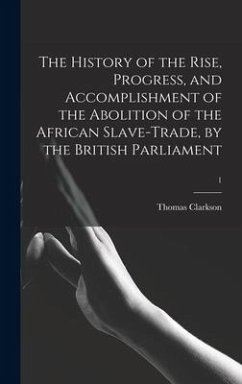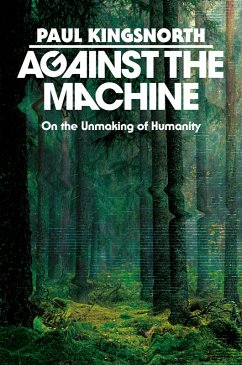
Essays on the History of British Sociological Research

PAYBACK Punkte
60 °P sammeln!
This book traces the history of British sociology and empirical social research over the last hundred years. Its coverage includes the census of population, the classic poverty surveys of Booth and Rowntree, the slow growth of social science between the wars, mass-observation, the rise of the Government Social Survey, the establishment of academic sociology after 1945 outside Oxford and Cambridge, and independent initiatives such as the foundation of the Institute of Community Studies. A concluding section considers the uses made of British sociology, the place of the citizen as the subject of...
This book traces the history of British sociology and empirical social research over the last hundred years. Its coverage includes the census of population, the classic poverty surveys of Booth and Rowntree, the slow growth of social science between the wars, mass-observation, the rise of the Government Social Survey, the establishment of academic sociology after 1945 outside Oxford and Cambridge, and independent initiatives such as the foundation of the Institute of Community Studies. A concluding section considers the uses made of British sociology, the place of the citizen as the subject of research, social surveys for policy-making, and the success of social science in predicting the future. These essays reflect the interests of the distinguished British sociologist, the late Philip Abrams. In addition to him the contributors include a number of distinguished sociologists such as A. H. Halsey, Hannan C. Selvin, Edward Shils, Peter Townsend and Peter Willmott, as well as several well-known younger scholars.
Table of contents:
Preface; Part I. Introduction: 1. The development of sociology and of empirical social research in Britain Martin Bulmer; Part II. History: 2. Social monitors: population censuses as social surveys C. Hakim; 3. The emergence of the sociological survey, 1887-1939 Raymond Kent; 4. Durkheim, Booth and Yule: the non-diffusion of an intellectual innovation Hannan C. Selvin and Christopher Bernert; 5. The Governmental Social Survey Frank Whitehead; 6. Methodological research on sample surveys: a review of developments in Britain Gerald Hoinville; 7. Mass-Observation 1937-1949 Angus Calder; 8. The Institute of Community Studies Peter Willmott; 9. Provincials and professionals: the British post-war sociologists A. H. Halsey; 10. On the eve: a prospect in retrospect Edward Shils; Part III. Use: 11. The uses of British sociology, 1831-1981 Philip Abrams; 12. Informants, respondents and citizens Catherine Marsh; 13. Surveys of poverty to promote democracy Peter Townsend; 14. Reading the palm of the invisible hand: indicators, progress and prediction Lorraine F. Baric; Index.
This book traces the history of British sociology and empirical social research over the last hundred years. Its coverage includes the census of population, the classic poverty surveys of Booth and Rowntree, the slow growth of social science between the wars, mass-observation, the rise of the Government Social Survey, and independent initiatives such as the foundation of the Institute of Community Studies.
This book traces the history of British sociology and empirical social research over the last hundred years.
Table of contents:
Preface; Part I. Introduction: 1. The development of sociology and of empirical social research in Britain Martin Bulmer; Part II. History: 2. Social monitors: population censuses as social surveys C. Hakim; 3. The emergence of the sociological survey, 1887-1939 Raymond Kent; 4. Durkheim, Booth and Yule: the non-diffusion of an intellectual innovation Hannan C. Selvin and Christopher Bernert; 5. The Governmental Social Survey Frank Whitehead; 6. Methodological research on sample surveys: a review of developments in Britain Gerald Hoinville; 7. Mass-Observation 1937-1949 Angus Calder; 8. The Institute of Community Studies Peter Willmott; 9. Provincials and professionals: the British post-war sociologists A. H. Halsey; 10. On the eve: a prospect in retrospect Edward Shils; Part III. Use: 11. The uses of British sociology, 1831-1981 Philip Abrams; 12. Informants, respondents and citizens Catherine Marsh; 13. Surveys of poverty to promote democracy Peter Townsend; 14. Reading the palm of the invisible hand: indicators, progress and prediction Lorraine F. Baric; Index.
This book traces the history of British sociology and empirical social research over the last hundred years. Its coverage includes the census of population, the classic poverty surveys of Booth and Rowntree, the slow growth of social science between the wars, mass-observation, the rise of the Government Social Survey, and independent initiatives such as the foundation of the Institute of Community Studies.
This book traces the history of British sociology and empirical social research over the last hundred years.














